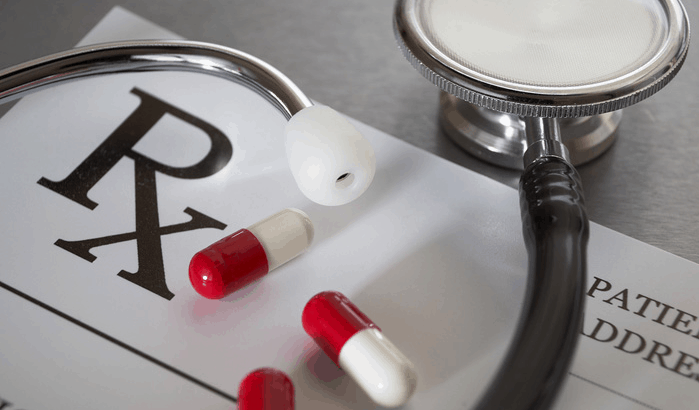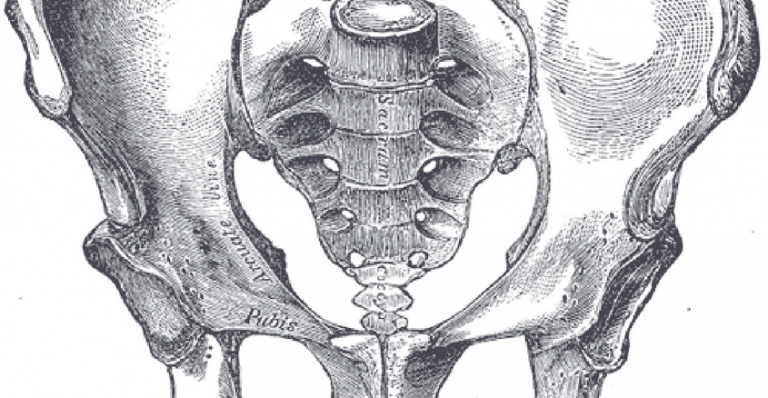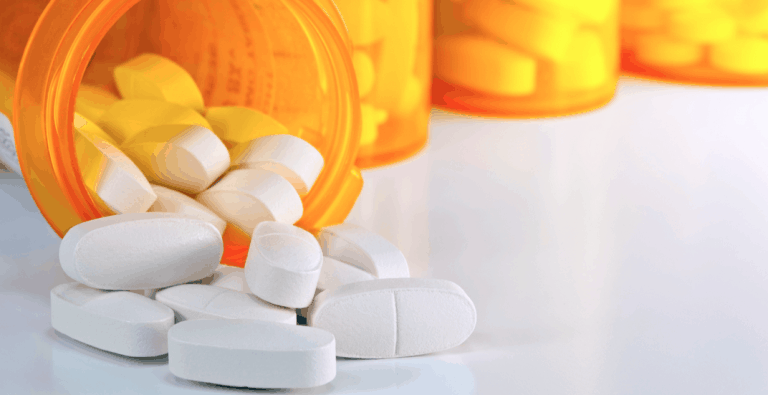Celebrex (SEL-e-breks)
Celebrex (celecoxib [SEL e KOX ib]) is a nonsteroidal anti-inflammatory drug (NSAID) used to manage acute pain. It is a COX-2 inhibitor and is available by prescription. It works by stopping the body’s production of a substance that causes inflammation and pain.
Celebrex Warnings
Like other NSAID medications, Celebrex may be associated with an elevated risk of these events, which can be fatal:
- Severe cardiovascular thrombotic occurrences
- Myocardial infarction
- Stroke
Risk may rise with length of use. Patients with cardiovascular disease or risk factors for cardiovascular disease may have heightened risk. Patients who take Celebrex for a long time may be at higher risk.
Celebrex and other NSAIDs amplify a patient’s risk for serious events of a gastrointestinal nature that may be fatal, including:
- Bleeding
- Ulceration
- Tears or damage to the stomach or small or large intestines
These events may happen without any prior warning during the course of treatment, with the elderly at a particularly elevated risk for such events.
Use of Celebrex or other NSAIDs may lead to worsening hypertension or onset of hypertension.
Edema and fluid retention have been associated with Celebrex and other NSAIDs.
Taking Celebrex may elevate enzymes associated with the liver. In rare instances, serious hepatic reactions may occur in patients taking Celebrex or other NSAIDs. These reactions may include:
- Jaundice
- Fatal fulminant hepatitis
- Liver necrosis
- Hepatic failure, which can be fatal
If a patient shows signs of liver dysfunction or has an abnormal liver test, the patient should be monitored cautiously. If symptoms of liver disease advance, the patient should stop taking Celebrex.
If used for a long duration, Celebrex and other NSAIDs have been associated with renal papillary necrosis and other renal injury.
Celebrex may cause skin problems, such as exfoliative dermatitis, Stevens-Johnson syndrome, and toxic epidermal necrolysis, which may be fatal.
Celebrex has been known to cause anemia.
If a patient has an aspirin sensitivity such as aspirin-sensitive asthma, he or she should not use Celebrex. In patients with preexisting asthma, Celebrex should be administered cautiously.
If a patient is taking Celebrex, doctors should watch for signs or symptoms of gastrointestinal bleeding.
A patient should not take Celebrex simultaneously with a non-aspirin NSAID, as this may elevate the patient’s risk for side effects.
Why Is Celebrex Prescribed for Prostatitis?
Celebrex is prescribed for patients with chronic prostatitis/chronic pelvic pain syndrome (CP/CPPS) to reduce pain, swelling, and inflammation.
How Should Celebrex Be Used?
Celebrex is available in capsules in the following doses: 50 mg, 100 mg, 200 mg, and 400 mg. For management of acute pain, the initial recommended dose of this medication is 400 mg, followed by another 200 mg on the first day, if needed. The recommended dose after the first day is 200 mg twice per day as needed. It should be taken around the same time(s) every day.
For other uses of Celebrex, the dose varies depending on the patient’s condition being treated.
Follow your doctor’s dose instructions. Do not take more than directed and use the lowest effective dose.
Other Uses for Celebrex
Celebrex is used to treat symptoms of osteoarthritis and rheumatoid arthritis, as well as ankylosing spondylitis, menstrual cramps, and colorectal polyps.
Do I Need To Follow Special Precautions?
Tell your doctor if you are allergic to Celebrex, aspirin, or other NSAIDs (for example, ibuprofen) before taking this medication. Inactive ingredients in Celebrex may cause an allergic reaction. Speak with your doctor or pharmacist for details.
Before taking Celebrex, discuss with your doctor any medical history that may be applicable, including:
- A history of asthma
- Liver disease
- Bleeding, ulcers, persistent heartburn, or any other stomach or intestinal issues
- Heart disease
- High blood pressure
- Stroke
- Blood disorders (anemia or clotting problems)
- Nasal polyps
- Kidney disease
Celebrex and other NSAIDs may be associated with kidney problems. Patients are more at risk for adverse kidney issues if dehydrated, have heart failure or kidney disease, or are elderly.
Certain medications may interact with Celebrex and other NSAIDs to cause kidney problems. Discuss any other medications you’re taking with your physician.
Drink an abundance of fluids per your doctor’s suggestion to prevent dehydration. Inform your physician if there are any changes in amount of urine.
Daily use of alcoholic beverages and tobacco may increase your risk for stomach bleeding. Reduce alcohol and smoking.
Before any surgeries, discuss both prescription and nonprescription products you use.
(See also Celebrex Warnings.)
Do I Need to Follow a Special Diet When Taking Celebrex?
Celebrex can be taken with or without food. Unless directed otherwise, take this medication with an 8-ounce glass of water.
What If I Forget a Dose?
If you miss a dose of Celebrex, take the missed dose as soon as you remember. If it is nearing the time for the next scheduled dose, skip the missed dose. Do not take extra Celebrex to account for the missed dose.
Are There Side Effects When Taking Celebrex for Prostatitis?
Inform your physician immediately if you experience any of these side effects while taking Celebrex:
- Cough, sneezing, or sore throat
- Fever
- Rash
- Facial swelling
- Swelling in extremities (fingers, feet, or calves)
- Abnormal breast growth
- Pain in the arms, back, or jaw
- Bloody, tarry, or discolored stools
- Blurred vision
- Burning in the chest or stomach
- Burning or stinging skin
- Chest pain or tightness
- Chills
- Confusion
- Chest congestion
- Cloudy or discolored urine
- Cramps
- Diarrhea
- Dry mouth
- Earache
- Flu-like symptoms
- Irregular or quickening heartbeat
- Heartburn
- Severe bleeding
- An increase or loss of appetite
- Increased thirst
- High blood pressure
- Frequent urination
- Loss of consciousness
- Lack of energy
- Muscle pain or achiness
- Nausea or severe stomach pain or tenderness
- Nerve pain
- Painful blisters on torso
- Painful blisters on lips, nose, eyes, or genitals
- Changes in the color of skin, paleness
- Ear redness or swelling
- Stabbing pain
- Fingernail or toenail redness or soreness
- Stiff neck
- Sweating
- Trouble breathing or wheezing
- Unusual weight loss or gain
- Unexplained bleeding or bruising
- Weakness or excessive tiredness
- Vomiting
- Seizures
- Slurred speech or sudden inability to talk
- Bad breath
Celebrex may cause other side effects. Call your doctor if you experience any unusual problems.
Does Celebrex Have Special Storage Instructions?
Store Celebrex away from light and moisture at room temperature. Keep this medication away from children. Throw away outdated medication.
What Do I Do in the Case of an Accidental Overdose?
In case of a suspected overdose, contact an emergency room or poison control center immediately. For a local control center in the United States, call 1-800-222-1222. Canada residents can call a poison control center in their province.
Symptoms of overdose may include:
- Lack of energy
- Drowsiness
- Nausea
- Vomiting
- Bloody, black, or tarry stools
- Unabated thirst
- Dizziness or drowsiness
- Severe or persistent headache
- Difficulty breathing/shortness of breath
- Sudden decrease in urine amount
- Weight gain
- Severe stomach pain
- Vomit that has consistency of coffee grounds
- Hives
- Rash
- Swelling of face, eyes, longue, lips, or extremities
What Else Should I Know About Celebrex for Prostatitis?
Certain products may interact with Celebrex, causing the patient to experience side effects, including Tekturna (aliskiren); ACE inhibitors; Angiotensin II receptor blockers; Vistide (cidofovir); lithium, and Alimta (pemetrexed).
The risk of bleeding while taking Celebrex may be elevated if the patient is also taking blood thinners.
Have your blood pressure checked regularly during treatement.
Do not lie down for a 10-minute period after taking Celebrex.
Patients may not experience substantial benefits from taking this medication for up to two weeks of initial regular treatment.
If taken “as needed,” take this medication at the first sign of pain to increase its effectiveness.







